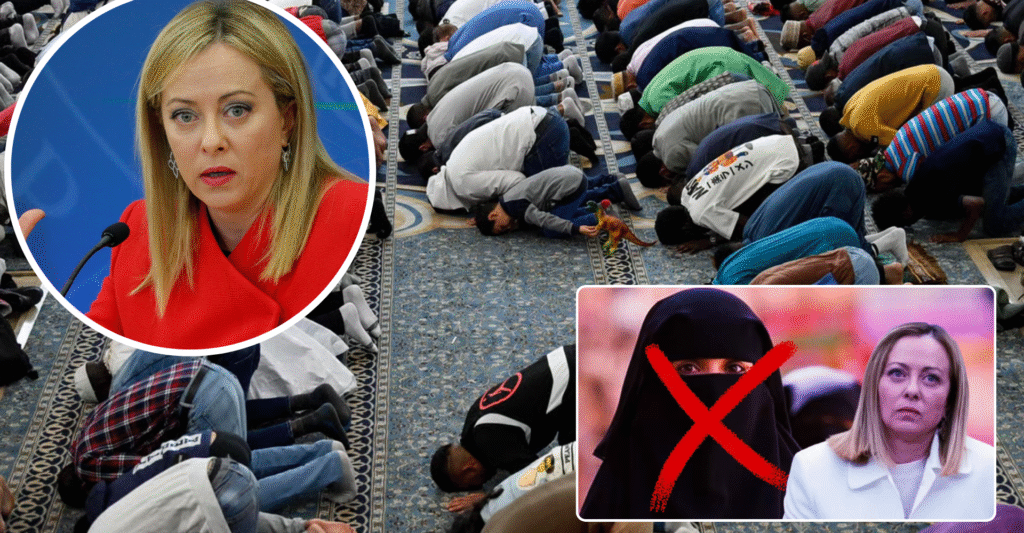
Manila, Philippines — The Philippine capital witnessed a second consecutive day of massive anti-graft protests, with hundreds of thousands of demonstrators demanding accountability for the widening flood-control corruption scandal. The protests, led largely by the influential Iglesia Ni Cristo (INC), have become one of the largest public mobilizations against corruption in recent years.
Anti-Graft Protest in Manila: Thousands Demand Transparency
Crowds estimated between 600,000 to 650,000 people filled major areas of Manila, including Rizal Park and the Quirino Grandstand. The three-day event, branded as the “Rally for Transparency,” is expected to conclude Tuesday but may extend depending on government action.
Protesters carried banners reading “Expose the Deeds of Evil” and “Rally for Transparency and Democracy.” Many have vowed to continue until authorities commit to a thorough investigation.
Flood-Control Corruption Scandal: What Sparked the Public Outrage?
At the center of the demonstrations are allegations of massive corruption in flood-control projects initiated by the Department of Public Works and Highways (DPWH).
Key accusations include:
- Billions allocated to substandard, incomplete or non-existent (“ghost”) projects
- Possible collusion between lawmakers, contractors, and local officials
- Misuse of taxpayer money intended for life-saving infrastructure
Witness testimonies and early audit findings suggest large-scale irregularities, prompting widespread anger among citizens.
Iglesia Ni Cristo’s Role in the Anti-Graft Movement
The INC — a religious group known for its political influence and bloc voting — has been central to the movement.
Their participation significantly amplified the turnout and signaled a powerful shift in public sentiment.
INC spokespersons emphasized that the rally is not politically motivated but aimed at securing “clean governance” and “public accountability.”
Impact of the Flood-Control Scandal on the Economy and Public Trust
Economists warn the scandal is already affecting the country’s financial stability.
The corruption allegations have triggered:
- A slowdown in government spending
- A drop in investor confidence
- Concerns over lower GDP growth in the coming quarters
Beyond the economy, the scandal has deeply shaken public trust in institutions. Many Filipinos feel repeated anti-corruption promises have failed to deliver meaningful results.
Government Response: Marcos Orders Corruption Probe
President Ferdinand Marcos Jr. has established a special commission to investigate the alleged anomalies.
He has pledged:
- A full, transparent inquiry
- Jail time for officials proven guilty
- Protections for whistleblowers
Marcos previously noted that officials implicated would have “no merry Christmas” if the evidence against them holds.
A new high-security detention facility in Manila is reportedly being prepared for those who may face prosecution.
Manila Security Heightened as Protests Grow Larger
The government has deployed thousands of police and military personnel to maintain peace.
So far:
- Demonstrations have remained peaceful
- No major clashes have been reported
- Schools and some courts in Manila have suspended operations due to road closures and heavy foot traffic
Why Anti-Graft Protests Matter for the Philippines
The scale of these protests highlights several serious national concerns:
▪ Public Safety
Faulty or missing flood-control infrastructure puts millions at risk in a country hit by dozens of typhoons each year.
▪ Accountability
Filipinos are demanding real consequences, not political statements.
▪ Political Influence
INC’s involvement could alter the political landscape, especially ahead of future elections.
▪ Economic Stability
Long-term corruption threatens both infrastructure development and investor trust.
Voices from the Protest
“We pay our taxes, but corrupt officials rob us of our future,” said Rachel Morte, a protester from Pampanga.
“Nearly a hundred days have passed and still no one is jailed. We need real justice,” said Armelyn Bandril, another participant.
What Happens Next?
The final day of the rally is expected to draw even larger crowds. INC and civil groups say they may extend demonstrations if:
- The government fails to lay out a concrete action plan
- Investigations appear slow or influenced
- No officials are held accountable


